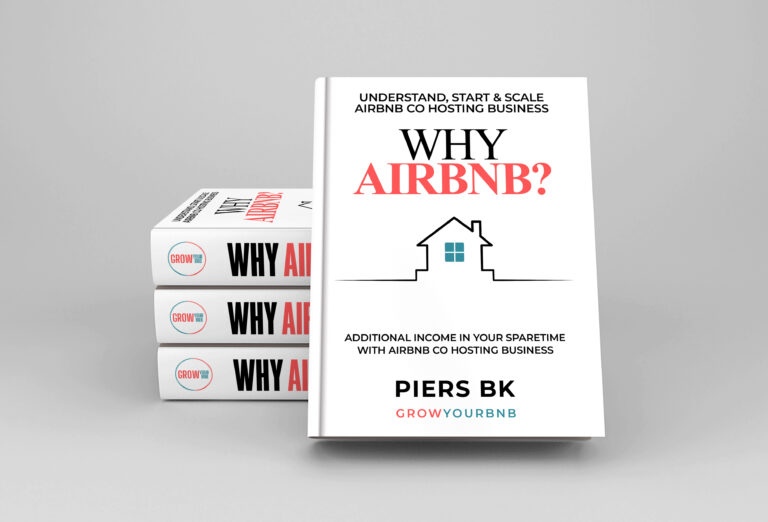As a host on Airbnb, ensure your property remains in good condition. Despite your best efforts, unintentional damages caused by guests during their stay can occur. Fortunately, Airbnb has a comprehensive damage policy to help hosts manage such situations. In this blog, we will discuss Airbnb’s damage policy, how to claim damages, and tips for safeguarding your property.
What is Airbnb’s Damage Policy?
As an Airbnb host, protecting your property is crucial. Accidents happen, and sometimes guests unintentionally cause damage during their stay. Airbnb’s damage policy is designed to offer hosts peace of mind and financial protection against such incidents. Here, we’ll break down the key aspects of Airbnb’s damage policy, what it covers, and how to file a damage claim.
Airbnb’s Damage Policy Explained
Airbnb’s damage policy is composed of several key elements to help hosts manage and mitigate the impact of accidental damages caused by guests.
- Host Guarantee
The Host Guarantee is a significant part of Airbnb’s damage policy. It provides hosts with up to $1,000,000 in coverage for property damage caused by guests. This guarantee is intended to cover damages that occur accidentally during a guest’s stay, such as broken furniture, stained carpets, or damaged appliances.
Key Features:
Coverage Amount: Up to $1,000,000.
Covers physical damage to the property and its contents caused by guests.
Does not cover wear and tear, loss of income, or non-physical damage (like reputational harm).
- Host Protection Insurance
In addition to the Host Guarantee, Airbnb offers Host Protection Insurance, which provides liability coverage for hosts. This insurance covers up to $1,000,000 in third-party claims of bodily injury or property damage.
Key Features:
Coverage Amount: Up to $1,000,000.
Covers claims made by guests or others for bodily injury or property damage.
Does not cover intentional acts, loss of earnings, or damages to the host’s personal property. - Security Deposits
Hosts can also require a security deposit for their listings. This deposit can help cover minor damages without needing to file a formal claim with Airbnb. If damage occurs, the host can request funds from the deposit before it is returned to the guest.
Key Features:
Flexibility: Hosts set the amount of the security deposit.
Immediate Coverage: Useful for minor damages and immediate repairs.
Guest Approval: If a host claims against the deposit, the guest must approve the amount deducted.
How to File a Damage Claim
If your property is damaged during a guest’s stay, here’s how to file a damage claim through Airbnb:
- Document the Damage
First, document the damage thoroughly. Take clear photos and videos from multiple angles and write a detailed description of the incident. - Gather Evidence
Collect all necessary evidence to support your claim. This includes:
Receipts or Invoices: For the damaged items or repair costs.
Estimates: If you haven’t yet repaired the damage, obtain estimates from professionals.
Communication: Any messages exchanged with the guest regarding the damage.
- Contact the Guest
Before escalating the issue to Airbnb, try to resolve it directly with the guest. Politely inform them of the damage, present your evidence, and request compensation. - Submit a Damage Claim
If the guest does not agree to compensate you, submit a damage claim through Airbnb’s Resolution Center:
Log In to Airbnb: Access your Airbnb account.
Go to the Resolution Center: Navigate to the Resolution Center under the “Help” section.
Select the Relevant Reservation: Choose the reservation associated with the damage.
Provide Details and Evidence: Fill out the claim form with detailed information and upload your evidence.
Submit the Claim: Once complete, submit the claim for Airbnb to review.
- Airbnb’s Review Process
Airbnb will review your claim and may contact you or the guest for additional information. The review process may take some time, so patience is essential. - Resolution and Payment
If your claim is approved, Airbnb will compensate you for the damages, usually through your preferred payout method.
Tips for Preventing Damages
While Airbnb’s damage policy provides a safety net, it’s always better to prevent damages where possible. Here are some tips to safeguard your property:
House Rules: Clearly outline your house rules and expectations for guests. Include guidelines for using appliances, handling waste, and other important aspects.
Security Deposits: Require a security deposit for your listings. This can deter guests from causing damage and provide immediate funds for minor repairs.
Regular Inspections: Conduct regular inspections of your property to identify potential issues early and address them before they become significant problems.
Insurance: Consider purchasing additional home insurance that covers short-term rentals for added protection.
Airbnb’s damage policy provides significant protection for hosts, covering unintentional damages caused by guests and third-party liability. Understanding how to document damages and file a claim is crucial for ensuring you can recover costs efficiently. By following these guidelines, you can better manage your Airbnb property and minimize financial risks associated with accidental damages.




